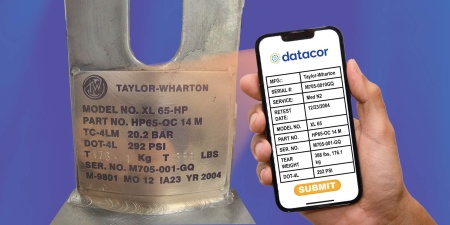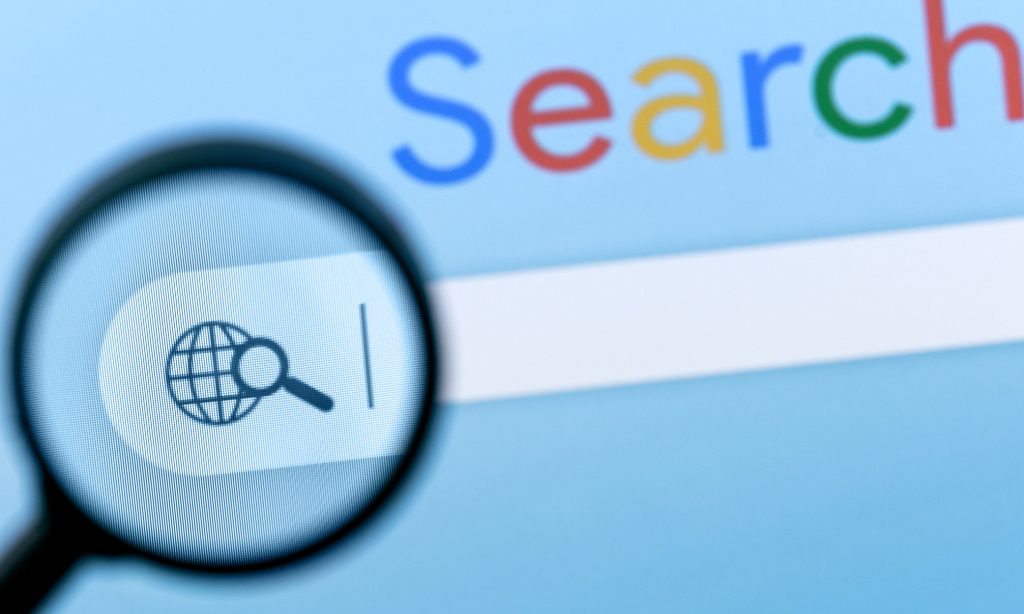ChatGPT and other AI (artificial intelligence) tools represent a major game changer for business in a way comparable to the impact search engines and the internet had on business 20+ years ago.
Back then, search engines and digital marketing revolutionized the way businesses gathered information, solved problems, communicated issues and capabilities, and, at the highest level, conducted business.
Today, AI tools like ChatGPT can potentially transform how businesses operate in exactly the same ways.
Just like 20+ years ago, this change will produce a significant number of winners and losers. It was the early adopters that gained and, for the most part, maintained the upper hand. This change will have the same level of impact on business this time around.
Things are significantly changing AGAIN!
What Is OpenAI and ChatGPT?
OpenAI is an artificial intelligence research organization that conducts research in a wide range of areas, including natural language processing, computer vision, reinforcement learning, and robotics. OpenAI also develops and releases open-source software tools and platforms for AI development.
ChatGPT is one of OpenAI’s many projects and, perhaps, the most well-known. It can generate natural language responses to prompts. In other words, it can simulate a human-like conversation and generate text that is indistinguishable from what a human might say. Chat GPT can:
- Understand questions and provide relevant answers based on its vast knowledge base.
- Generate text on various topics and in multiple formats, such as news articles, product descriptions, or even fiction stories.
- Translate text from one language to another.
- Analyze text to determine the sentiment expressed in customer reviews, news articles, or any other content.
- Summarize long pieces of text into shorter versions.
- Carry on a conversation with users.
Marketing & ChatGPT
Some marketers are starting to utilize AI, more specifically, ChatGPT, but with caution. As ChatGPT is more readily used, marketers do question if it is ready and to what degree it will help with their efforts.
Biggest Fears of Search Engine Marketers
- Decreased website traffic: Traffic to company websites will decrease as ChatGPT is rolled out and its ability to answer questions improves.
- Changes in search engine algorithms: If ChatGPT is able to create more relevant and accurate search results, search engine algorithms could prioritize different types of content over company websites.
- Increased competition: An increase in the volume of content created by ChatGPT will make it harder for companies to compete for visibility.
- Loss of control: ChatGPT could make it difficult for companies to maintain control over their brand voice and messaging and even damage a brand’s reputation by spreading misinformation.
- Spam and black hat search engine optimization (SEO): ChatGPT’s ability to generate text could also be used for unethical purposes, such as creating spam content or engaging in black hat SEO tactics — tactics that violate the search engines’ terms of service. These tactics are intended to manipulate results in favor of the perpetrators and to the detriment of other websites.
Many of these fears are legitimate.
How search engines generate results continues to change, but the pace of that change will increase. For example, Google’s rollout, over the past several years, of search engine features like the Knowledge Box and People Also Ask have already decreased website traffic. Some estimates hold that Google users are 30% less likely to leave Google after conducting a search than a few years ago.
I believe that ChatGPT will improve or replace these newer search engine features and that website traffic will continue to decrease.
On the bright side, working to stay abreast of search engine algorithm changes, coupled with efforts to improve your website’s user experience, will mean that even if your traffic decreases, your conversion rate should increase. In other words, a higher percentage of website visitors will fill out a form or otherwise engage.
Personalized Marketing Experience for Users
ChatGPT can be used for personalized marketing by analyzing customer data and using that information to deliver targeted marketing messages. By analyzing past customer interactions and behavior, ChatGPT can identify patterns and preferences that can be used to create personalized marketing messages tailored to each customer and prospect. ChatGPT can use this data to send targeted emails, personalized product recommendations, and even interact through chatbots to provide personalized recommendations or special offers.
We are already seeing this in our personal lives. Spotify uses ChatGPT to analyze user data and make personalized music recommendations based on their listening habits. ChatGPT can analyze factors like the user’s favorite genres, artists, and playlists and suggest new songs and playlists that are likely to interest them.
Personalized marketing can provide several benefits to businesses, including:
- Increased customer engagement: Personalized messages are more likely to resonate with customers and grab their attention, leading to increased engagement and brand loyalty.
- Higher conversion rates: Personalized marketing messages are more likely to result in conversions.
- Improved customer retention: Personalized marketing can help businesses build stronger relationships with their customers, leading to increased customer retention and repeat business.
Improved Customer Service
With its ability to analyze and respond in real time, ChatGPT can provide fast and accurate answers to customers’ questions, regardless of the time of day or the complexity of the inquiry. This means that businesses can reduce their reliance on human customer service agents, freeing up resources to focus on more complex issues and provide personalized service to customers who require it.
This will improve the overall customer experience and reduce frustration, leading to increased customer satisfaction and loyalty.
Additional benefits of using ChatGPT for customer service include:
- Increased efficiency: ChatGPT can handle multiple customer inquiries simultaneously, allowing businesses to provide fast and efficient service to a large number of customers at once. This can help reduce wait times and improve overall customer satisfaction.
- Cost savings: Using ChatGPT to handle customer service inquiries can be more cost-effective than hiring additional agents. This can help businesses reduce their staffing costs while still providing high-quality customer service.
- 24/7 availability: ChatGPT can operate 24/7, providing customers with access to help and support anytime. This can be particularly valuable for businesses that operate in multiple time zones or have customers located in different parts of the world.
A number of companies have embraced ChatGPT to power chatbots. For example, Wells Fargo uses ChatGPT to power its chatbot, Eno. Eno provides customers with fast and accurate answers to questions about their accounts. Eno can handle a wide range of inquiries, including account balances, transaction history, and transfer requests. Eno is available 24/7, which allows customers to get the help they need at any time.
What Should GAWDA Members Do?
At Site-Seeker, learning about ChatGPT and how we integrate it into our approach to digital marketing and general business processes is a top priority. Through our innovation committee, we are constantly testing new tools and technologies.
Our recommendation is to embrace this technology now. Waiting means losing – losing search engine exposure, losing new business opportunities, and losing the opportunity to serve customers and prospects more efficiently.
Don’t sit this one out. You need to get in the game if you want to remain competitive going forward.
How To Take Action:
- Content creation: ChatGPT can help generate unique and engaging content for your company’s marketing campaigns. For example, it can be used to create blog posts, social media captions, and even video scripts.
- Social media engagement: ChatGPT can be integrated into a company’s social media channels to engage with customers in real-time. This can help answer customer queries, provide recommendations and feedback, and even help with sales.
- Personalization: ChatGPT can be used to personalize the customer experience by providing customized responses to customer queries and recommendations based on their preferences and previous interactions with the company.
- Lead generation: ChatGPT can be used to collect customer information such as email addresses, phone numbers, and social media handles, which can then be used for targeted marketing campaigns.
- Customer service: ChatGPT can be integrated into a company’s customer service channels to provide automated support to customers. This can help reduce response time and improve the overall customer experience.
Site-Seeker has been researching and testing ChatGPT, and we’d love to teach you the wealth of knowledge we’ve already discovered in a few short months. Let’s connect!









